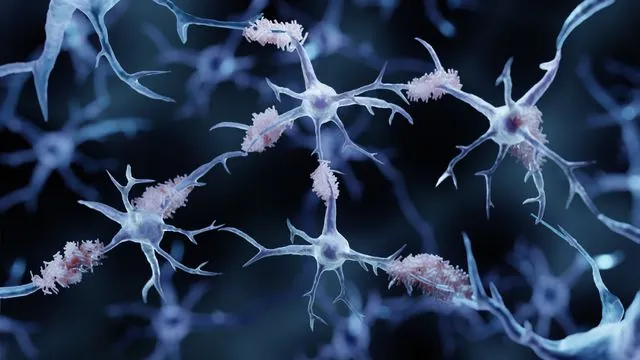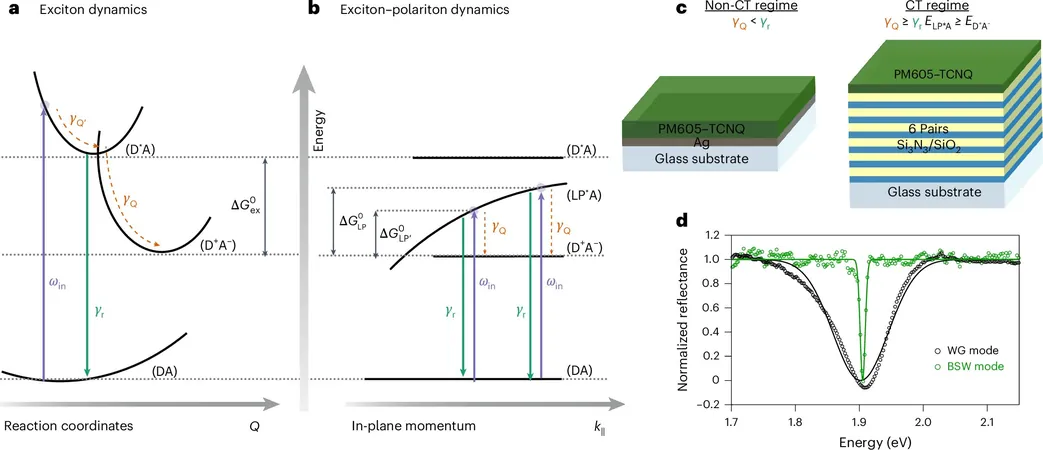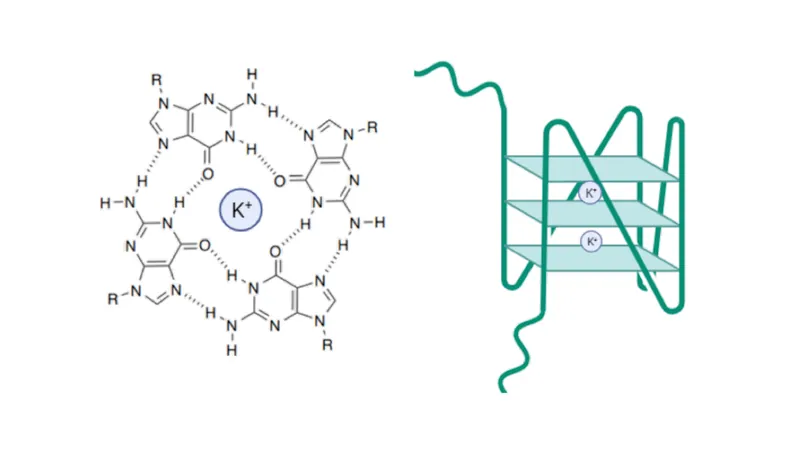
Breakthrough Atlas Reveals Alarming Connection Between Epigenomic Decline and Cognitive Loss in Alzheimer’s
2025-09-02
Author: Amelia
Revolutionary Research Unveils the Secrets of Alzheimer’s Disease
In a groundbreaking study by researchers at the Massachusetts Institute of Technology, a new multimodal atlas sheds light on the devastating effects of Alzheimer’s disease on brain cells. Published in Cell, this research uncovers the intricate link between gene expression regulation and cognitive decline, offering unprecedented insights into the disease's progression.
A Deep Dive into Brain Cell Changes
The comprehensive study analyzed 384 post-mortem brain samples from 111 individuals across six brain regions, profiling over 3.5 million cells through advanced techniques like single-cell RNA sequencing and ATAC-seq. This innovative approach allowed scientists to create a detailed map of both the transcriptome and epigenome—the critical systems that dictate gene activation in various cell types.
Two Troubling Patterns of Epigenomic Decline
The analysis revealed two alarming trends in brain cells affected by Alzheimer’s. Firstly, vulnerable regions displayed a disturbing loss of nuclear organization, causing erratic opening and closing of DNA regions that regulate gene expression. Secondly, these regions also experienced a loss of essential epigenomic information, severely hampering the cells' ability to maintain their identity and functions.
Dr. Manolis Kellis, a leading researcher, commented, "To understand the circuitry responsible for gene expression changes in Alzheimer’s, we had to dive deep into the regulation and upstream control changes, and that’s where the epigenome reveals itself."
Cognitive Decline: A Direct Correlation
The study highlighted a shocking correlation: as epigenomic regulation deteriorated, cognitive abilities eroded. Cells that retained their structural integrity and regulatory control demonstrated better cognitive function, while those with chaotic chromatin states showed heightened expression of genes associated with inflammation and stress.
Impact of Genetic Risk Factors
Additionally, the research explored how genetic risk factors, like the APOE4 variant, interact with epigenomic shifts. For individuals carrying this variant, initial increases in regulatory complexity among microglia indicated an early compensatory mechanism, but this quickly dwindled as Alzheimer's progressed, amplifying the associated risks.
The Hunt for Disease Resistance
Neurons carrying the RELN gene—previously linked to Alzheimer’s susceptibility—exhibited significant epigenomic loss. However, resilient individuals maintaining cognitive function displayed preserved regulatory patterns, hinting at a potential pathway to combat the disease.
The Role of Chromatin Guardians
The study also identified that failing epigenetic regulation led to increased accessibility in normally repressed genomic regions, suggesting the loss of vital "chromatin guardians" could be a major vulnerability factor. Conversely, cells from resistant individuals continued to exhibit healthy gene expression related to synaptic function and connectivity.
A New Foundation for Future Research
By crafting a thorough gene-regulatory map of Alzheimer’s across various stages and brain regions, this landmark study paves the way for future investigations into the molecular mechanisms of neurodegeneration. While it doesn’t pinpoint direct therapeutic strategies, it underscores the pivotal role of epigenomic control in preserving neuronal function and identity.
Dr. Li-Huei Tsai emphasized, "To develop new and more effective treatments for Alzheimer’s disease, we must deepen our understanding of the mechanisms contributing to cellular and network failures in the brain."









 Brasil (PT)
Brasil (PT)
 Canada (EN)
Canada (EN)
 Chile (ES)
Chile (ES)
 Česko (CS)
Česko (CS)
 대한민국 (KO)
대한민국 (KO)
 España (ES)
España (ES)
 France (FR)
France (FR)
 Hong Kong (EN)
Hong Kong (EN)
 Italia (IT)
Italia (IT)
 日本 (JA)
日本 (JA)
 Magyarország (HU)
Magyarország (HU)
 Norge (NO)
Norge (NO)
 Polska (PL)
Polska (PL)
 Schweiz (DE)
Schweiz (DE)
 Singapore (EN)
Singapore (EN)
 Sverige (SV)
Sverige (SV)
 Suomi (FI)
Suomi (FI)
 Türkiye (TR)
Türkiye (TR)
 الإمارات العربية المتحدة (AR)
الإمارات العربية المتحدة (AR)